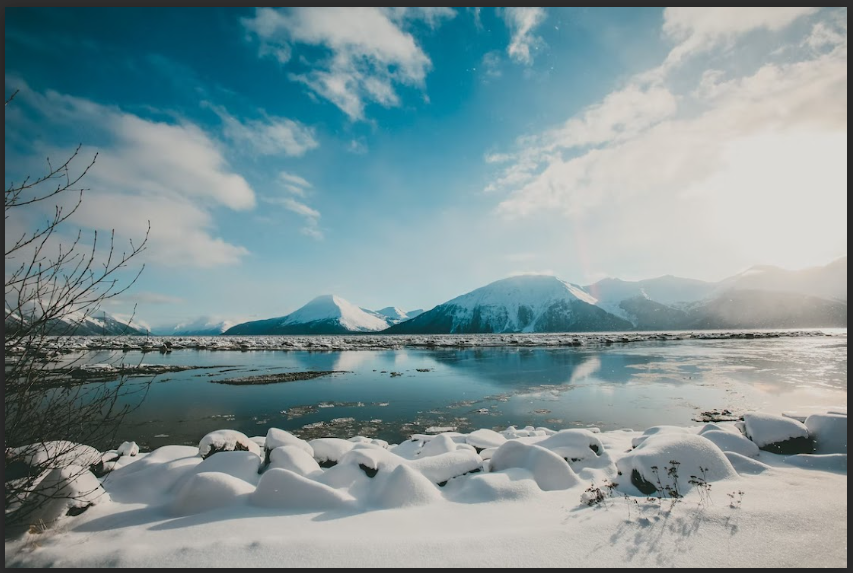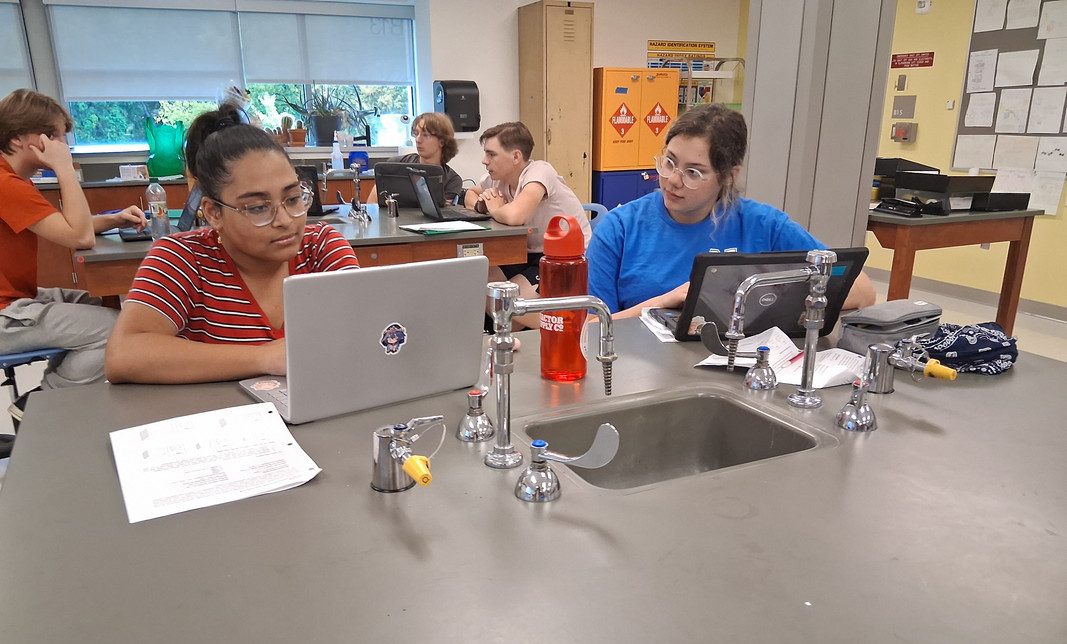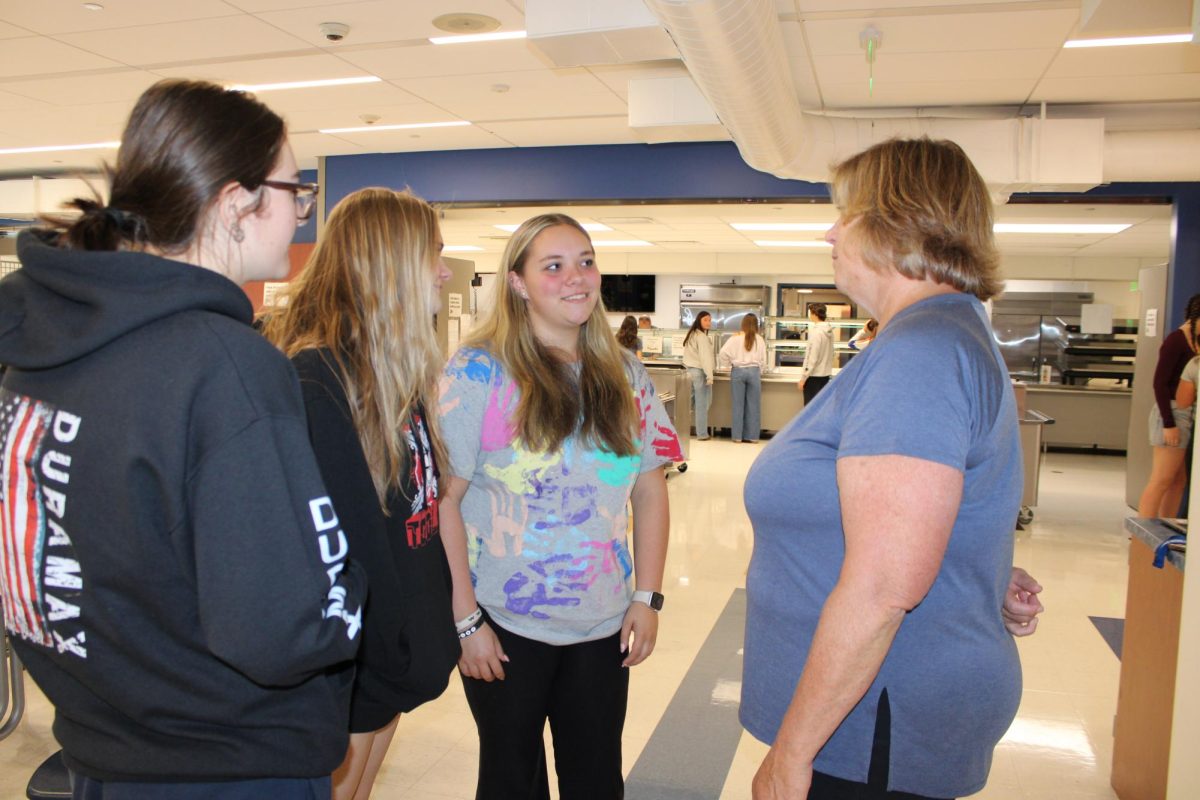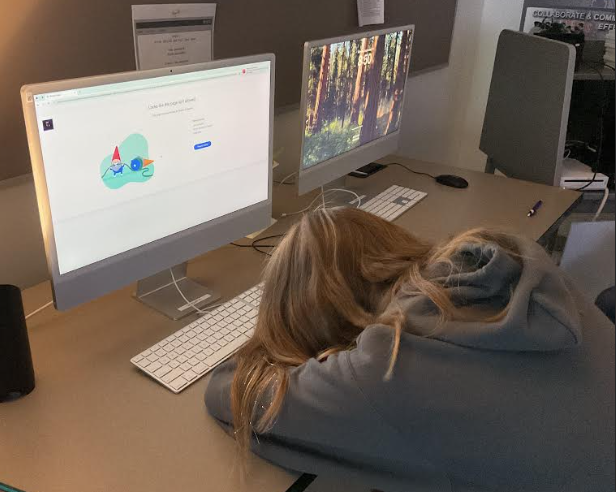Willow Projects Approval Creates Ambivalent Views at Nonnewaug
April 18, 2023
WOODBURY — The Willow Project is an Alaskan oil drilling project that is taking place on Alaska’s North Slope. The project was approved March 13 by the Biden administration. Americans are still in a moral predicament where this project helps because oil is a necessary resource, but there is a worry that it will make climate change worse by endorsing more oil drilling.
The drilling site is in the National Petroleum Reserve, which is home to many animals as it’s the largest wildlife refuge in the country, spanning 23.4 million acres. This area will produce up to 600 million barrels of oil while also generating enough oil to release 9.2 million metric tons of planet-warming carbon pollution each year.
This new project is considered controversial because it has many pros and cons: protect the planet or harness Alaska’s untapped energy-producing potential. The main advantage is that the U.S gain a lot from this project, like the large amount of oil that is very helpful considering 40% of the world’s energy comes from oil which is most commonly used for vehicles and other transportation.
The Alaskan economy will get a large boost creating more job opportunities. The main downside is that this drilling will cause damage to the sensitive ecosystem that is Alaska. Not only that but it will release lots of planet warming carbon in the atmosphere which will cause more harm to the planet, especially the vulnerable Arctic.
“Although I do understand that it will provide tons of jobs and a boost to the local economy, the cost that will be paid for destroying the environment is too great,” says Chris York, Nonnewaug’s AP Environmental Science instructor. “Long-term, removing the oil from the earth also means releasing huge amounts of carbon dioxide into the atmosphere. The project is projected to unearth 600 million barrels of crude oil, which will result in the release of 9.2 million metric tons of carbon into the atmosphere. As a greenhouse gas, this will further our current climate crisis in a way that simply can’t be reversed.”

Adding to the already worrisome global warming, this is the major downside of this project. So why was this passed?
A factor is that a significant portion of our country’s oil supply comes from Europe, especially eastern Europe and Asia. Since the complications in Europe due to the Ukraine and Russia war, the world’s oil supply has taken a hit. On average, the U.S. uses nearly 20 million barrels of oil each day, according to the Energy Information Administration.
“We are seeing the importance of being energy independent. At this point, our country relies on oil. When events overseas interrupt the oil supply, and demand is high; the price is going to go up, and it makes everything more expensive, “says Scott Parkhouse, NHS history teacher. “The U.S. should be doing what it can to be energy independent while at the same time being respectful of the people and environment where energy projects take place.”
Parkhouse said there’s a lot to consider about a project like this, and ultimately local communities should have their voices heard.
“Projects like this create jobs, and eventually increase our energy supply, both good things,” Parkhouse said. “As long as it is okay with people in that area. In this case, it is federally controlled so the politicians in Washington D.C. will make the decision. But what do people in Alaska think about it? What impact will this have on the local community there? The people there should have a say, not people thousands of miles away in DC.”
While they don’t have much control over what happens, Alaskans can see financial benefits from oil drilling. Last year, each resident received nearly $3,000 in state oil wealth payments.
“I don’t disagree or agree with this project. I think that more oil will be a good thing for the economy,” said Jonathan Eschmann, a Nonnewaug student. “While this project will inevitably cause damage to the Arctic and such, oil is simply just a thing we need and it’s a shame it will harm the sensitive ecosystems on the planet.”




















